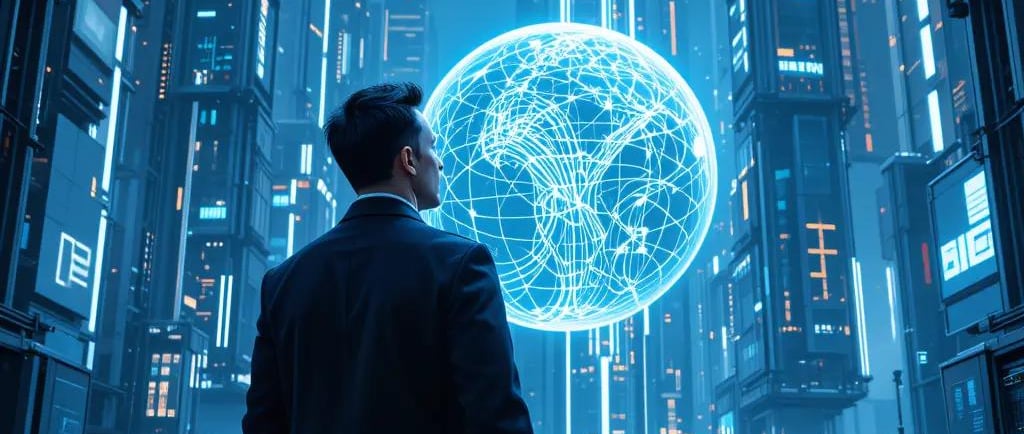Elon Musk and the Revolution of Artificial Intelligence: Between Dream and Danger
Elon Musk's perspective on artificial intelligence (AI) delves into its transformative potential, its impact on the future of work, and the ethical challenges it presents. The article explores Musk's predictions, concerns, and his proactive steps, such as founding xAI, to ensure the safe development of AI technologies.
1/3/20253 min read


Elon Musk and the Revolution of Artificial Intelligence: Between Dream and Danger
Elon Musk, known for his role as CEO of Tesla and SpaceX, has emerged as an influential figure in the debate surrounding artificial intelligence (AI). Over the years, his opinions have oscillated between fascination with AI's transformative potential and concerns over its inherent risks. This article explores Musk's various perspectives on AI, his predictions about its future development, and the implications this could have for humanity.
AI as a Transformative Technology
Musk has described artificial intelligence as "the most advanced technology" he has witnessed, noting that its impact on society will be profound and far-reaching. In recent statements, he asserted that AI is likely to surpass human intelligence by the end of 2025. According to Musk, this advancement will not only change how we interact with technology but also how we work and live. He has stated that "biological intelligence will be less than 1%" of total intelligence in the future, suggesting a radical transformation in our understanding of intellect and cognition.
Labor Implications
One of the most controversial aspects of Musk's views on AI is his belief that this technology could displace a significant number of jobs. During a recent conference, he suggested that "probably none of us will have jobs," as robots and AI systems will provide goods and services without human intervention. This future, according to Musk, could lead to a scenario where work becomes optional, raising questions about human purpose and the meaning of work in a society where machines can perform nearly all tasks.
Musk has also mentioned the need for a "high universal income" system to ensure that people can live with dignity in a world where traditional employment becomes obsolete. However, he has not provided concrete details on how this system would function or be funded.
Potential Risks
Despite his enthusiasm for AI's potential, Musk has expressed serious concerns about its risks. He has warned that AI could pose a threat to humanity, with a 10% to 20% chance of becoming a real danger. During several conferences and interviews, he has emphasized the need to regulate this technology before it spirals out of control. Musk has compared his fear of AI to fictional scenarios portrayed in literary works like Iain Banks' "Culture" series, where advanced societies are governed by artificial intelligences. This comparison highlights his concern for a future where machines could make decisions without adequate human oversight.
The AI Race
To address his concerns and seize opportunities in the AI field, Musk founded xAI in 2023. This company aims to develop safer and more ethical AI systems. Recently, xAI has made significant strides by creating a supercomputer with 10,000 GPUs, enabling them to train models at unprecedented speeds. This positions xAI as a serious competitor to tech giants like OpenAI and Google.
Musk has emphasized that his vision for xAI includes not only developing advanced technologies but also addressing critical issues such as freedom of speech and online censorship. In doing so, he seeks to create an ethical framework for AI development that counters current problems associated with dominant tech platforms.
Final Thoughts
Elon Musk's opinions on artificial intelligence are complex and multifaceted. While he acknowledges the transformative potential of this technology, he is also aware of the significant risks it could pose to the future of work and humanity as a whole. His proactive approach in founding xAI reflects a desire not only to participate in technological development but also to influence how this technology is implemented in our lives.
As we move toward a future increasingly dominated by artificial intelligence, it is crucial to consider both the opportunities and challenges it presents. Musk's vision invites us to reflect on our role as human beings in a world where machines could surpass our intellectual capabilities.

